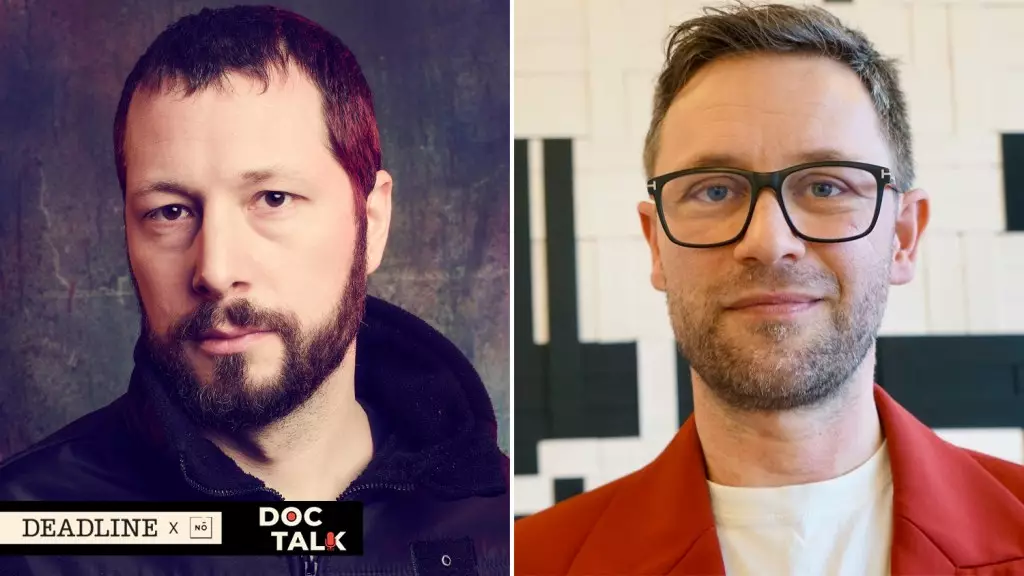The diplomatic landscape often fosters an air of decorum, one that can be shattered in a moment. A glaring example emerged recently when President Donald Trump extended an invitation to Ukrainian President Volodymyr Zelensky. However, what was anticipated as a cordial meeting spiraled into chaos, with Trump openly accusatory towards Zelensky, insinuating that his leadership stoked the fires of potential conflict on a global scale. Such an affront to a leader representing a nation under siege is not merely impolite; it exposes a troubling lack of empathy and understanding from the highest office in the United States.
Vice President J.D. Vance further exemplified the bizarre dynamics of this meeting, chastising Zelensky not only for the crisis at hand but also for his choice of attire. One can hardly fathom the audacity of critiquing a wartime leader while he is fighting for the survival of his nation. This scene painted a stark picture of the U.S. administration’s troubling approach to international relations during a time of heightened global tensions.
Reactions from the Ukrainian Perspective
Oscar-winning filmmaker Mstyslav Chernov, present during this dramatic encounter, offers an invaluable perspective on the incident. His recent work, “2000 Meters to Andriivka,” delves deep into the realities faced by Ukrainian soldiers as they confront formidable Russian forces. Chernov emphasizes that the Ukrainian response to Trump and Vance’s disrespect could very well surpass their expectations, serving as a poignant reminder that national pride and resilience run deep in a country beleaguered by war.
The unwarranted criticism from Trump and Vance may galvanize further support for Zelensky back home, as it reveals an unexpected unity against perceived humiliation from foreign power structures. The underestimated strength of the Ukrainian people is poised to clash with the condescending attitudes from American officials, leading to a potentially explosive reaction.
CPH:DOX and the Role of Film in Activism
The backdrop of the CPH:DOX festival, where Chernov’s acclaimed work was featured, transported discussions on human rights and wartime realities to the forefront. Niklas Engström, the festival’s artistic director, poignantly highlights the significance of timeliness and relevance in the chosen thematic focus of this year’s event. His assertion that the festival anticipated a resurgence of power dynamics in international politics reveals an acute awareness of the landscape—one in which Trump appears intent on reshaping alliances, possibly to the detriment of historic relationships with European nations.
Engström’s insights resonate with a sense of impending unease, illustrating a fracture in what has historically been a stalwart partnership between the U.S. and its European allies. The “end of an 80-year marriage,” as he describes, encapsulates the seismic shifts in global relations facing immediate scrutiny, especially as European nations respond to America’s newfound affinity for Russia.
The narrative echoed in these discussions shines a light on the potent intersection of art, activism, and diplomacy. Chernov’s films hold not just entertainment value but serve as a crucial record of human courage—the very essence of what is at stake. The dialogue sparked by these cinematic endeavors promises to evolve beyond mere observation, inspiring action and advocacy in the face of obstinacy. The world watches closely, waiting to see if compassion and understanding can re-emerge in the arena of international affairs—or if the disrespectful dynamics witnessed during that fateful meeting will become the new norm.
